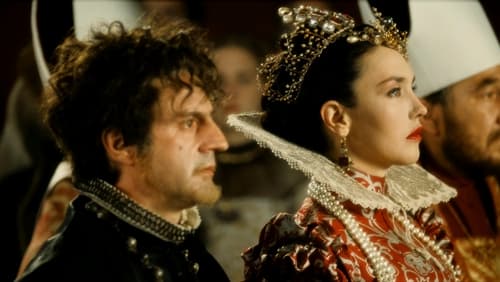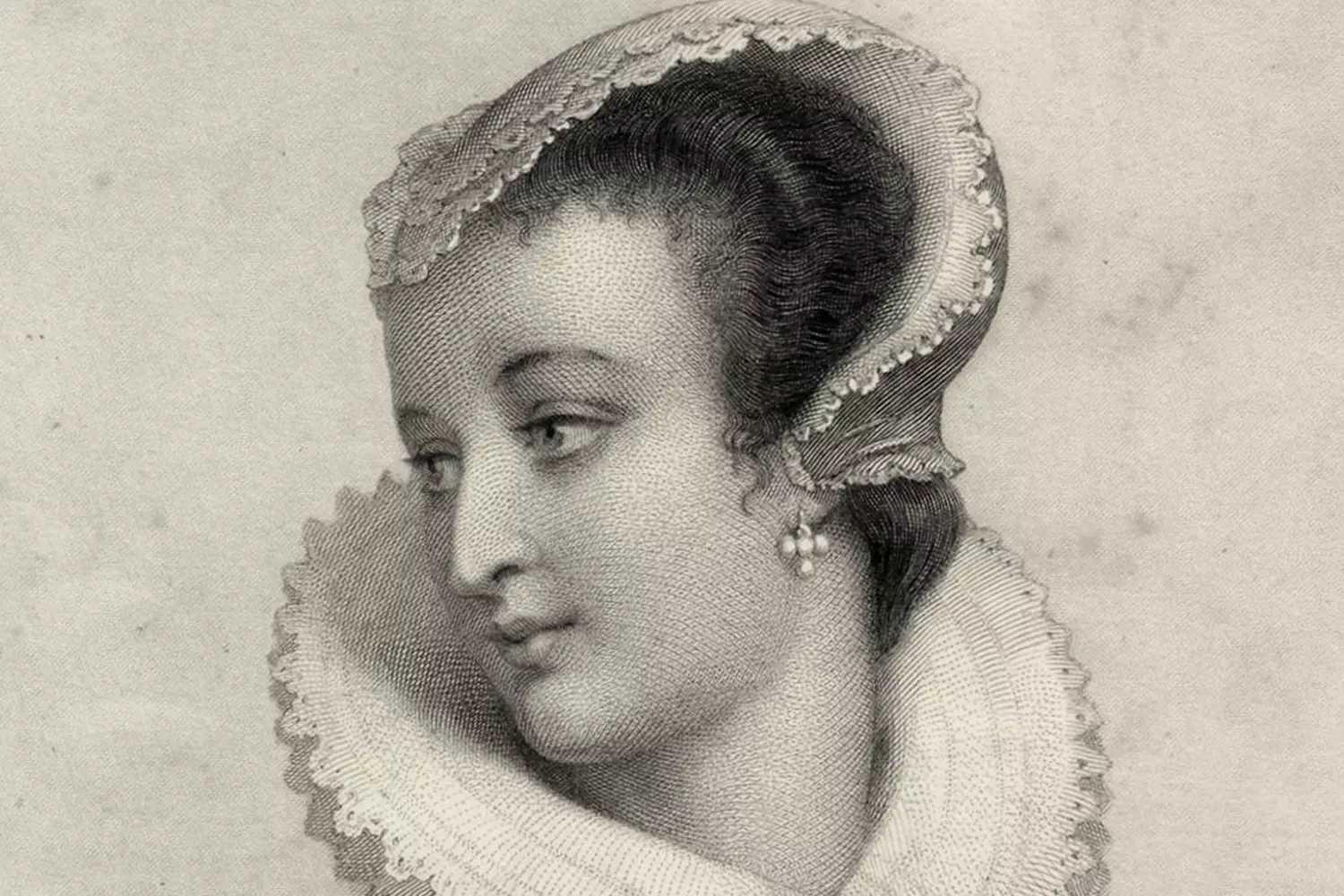By Carmen Chang,
The study of the literary genre to which Marguerite de Valois’ text belongs takes us back to the Renaissance period, which is entirely different from the typology of literary genres in the 20th century. Todorov defines a literary genre as “nothing more than the codification of discursive properties“. For him, genres represent institutions that arise within a given society. To study the genre of memoirs, it is important to connect it to its historical context and to understand the differences between it and other genres that precede or follow it. In our examination of the genre to which Marguerite de Valois’ Mémoires belong, we will demonstrate that it is difficult to categorize it under a specific genre because it draws from various literary forms. We will explore how memoirs differ from history and the relationship between memoirs and autobiography. Finally, from a rhetorical analysis perspective, we will analyze the author’s ethos and the writer’s intent through the writing of the Mémoires.
The Mémoires are marked by a recurring narrative voice. Does the prominent “I” in the text refer to an exclusive, limited perspective that focuses solely on Marguerite de Valois, or does it point to another perspective that seeks to rewrite history? Encouraged by her brother Henri d’Anjou, who sees in her an alter ego, she finds in his encouragement a transformative power that makes her a full-fledged “subject”. It can be argued that the Mémoires are written under the aegis of history: “I will write my memoirs, which I will not call history, although they deserve that name for the truth they contain, simply and without any embellishment“. What distinguishes the Mémoires from history is that Marguerite relies solely on her reminiscences, unlike the historiographer who is bound by historical accuracy.

Up until then, the writing of memoirs had been the preserve of men. The conditions under which memoirs emerge suggest that imprisonment or withdrawal from public life gives rise to this type of text. Marguerite’s situation is like those who engaged in writing this genre. Furthermore, Marguerite de Valois’ act of writing resembles a masculine discourse. From the beginning of the text, she identifies with the Athenian statesman Themistocles to conceal her feminine “self”. She even draws a comparison between her childhood and that of Themistocles and Alexander. She also references Du Bellay to illustrate her points. To justify her entry into the male-dominated world, she writes, “It is a story, indeed, worthy of being written by a knight of honor, a true Frenchman, born of a noble house, raised by kings, my fathers and brothers, and a familiar friend…”
To distinguish memoirs from autobiography, we must return to Georges May’s definition in “L’autobiographie” (PUF, 1984), where he proposes distinguishing three types of narratives: the narrative of what one has seen, the narrative of what one has done, and the narrative of what one has been. To determine what memoirs are, it is necessary to specify whether the memoirist actively contributed to the events narrated or played a passive role. According to this distinction, memoirs fall under the first two types of narratives, while autobiography corresponds to the third. In the case of Marguerite de Valois, it can be argued that she was both an actress and a spectator of the events she recounts in her Mémoires.
Philippe Lejeune, for his part, offers another definition of autobiography based on four criteria:
The form of language: a prose narrative.
The subject matter: individual life, the story of a personality.
The author’s situation: the identity of the author (whose name refers to a real person) and the narrator.
The narrator’s position: the narrator as the main character of the narrative with a retrospective perspective.
If we apply this definition to Marguerite de Valois’ text, we find that it does not conform to the second criterion, as Marguerite de Valois’ Mémoires do not exclusively recount the story of her personality. She clearly states this in her discourse to Brantôme. According to Lejeune, in memoirs, the author behaves as a witness to the history they recount. Their point of view remains individual, but their discourse goes beyond that as they tell the story of the social and political groups to which they belong. It is also important to note that the “I” in memoirs has a referent that is the memoirist, an “I” that is part of an educational and didactic perspective, which involves relating history and its connection to the political and social realms. What Marguerite de Valois does is a transposition of history through a focus she has adopted to present an image of the writer’s surroundings.

Memoirist and Posterity
Finally, for a work to be called a memoir, it must be retrospective, meaning that the narration goes back in time from the moment of writing. This is the case with Marguerite de Valois, who withdrew from public life to share her vision of events with posterity —a vision that would differ from that of history. The search for a historical perspective is Marguerite de Valois’ intention because the memoirist is not one who seeks the accuracy of facts but rather the way in which they experienced and endured those facts. Moreover, Marguerite states, “It is poorly done of me to write about my deeds, and that I should have left this task to another. To those who would criticize me, I would reply that by writing the truth and giving honor to God, it is not poorly done“.
The Memoirist’s Intended Audience
The intended audience for Marguerite de Valois’ Mémoires is Brantôme, whose presence is notable from the beginning: “I would praise your work even more“. This intended audience is important because Brantôme was the instigator of the Mémoirs project. Some critics see in the presence of “you” an intention to create a “sincere” work, as an identified audience encourages the sincerity of the discourse.
The sincerity of the discourse also relates to what is conventionally called the author’s ethos in rhetoric. These ethical arguments construct the author’s image in a text, as the queen’s credibility depends on them. If Marguerite wishes to inspire trust in her readers, her Mémoires must present her as a sensible, reasonable, and sincere person. This is the discursive image she seeks to convey, presenting herself as trustworthy, “worthy of a knight of honor, a true Frenchman, born of a noble house, raised by kings...” She initially refused to write about her childhood, seeing no utility in it. Ethos is associated with how things are presented to capture attention, persuade, and convince the audience. Barthes, in turn, associates logos with the way arguments are constructed within the message, ethos with the speaker, and pathos with the audience. Ethos is linked to the orator, self-image, and authority through discourse. Marguerite does not hesitate to present an impressive image of herself through her discourse. Her struggle is that of a person guided by reason, not by desires or plots. Her Mémoires aim to persuade the reader that she possesses critical thinking and discernment —qualities that can resonate with the reader, with whom she seeks to forge connections through the digressions that mark her text. Indeed, these digressions represent a narrative pause, a kind of confidence shared with the reader of her memoirs, whether Brantôme or a broader audience.
In conclusion, from all that we have analyzed so far, it emerges that Marguerite de Valois’ Mémoires stand apart from what is conventionally considered historical or autobiographical genres of discourse. The “I” is strongly present in this text, but it is an “I” turned towards others rather than introspective. Through the author’s ethos, Marguerite seeks to impress her immediate reader (Brantôme) and her potential reader (posterity) by presenting herself as a sensible and trustworthy person so that her discourse achieves the desired effect, namely, to touch the reader through its sincerity. This is because she presents herself as both an actor and a spectator of the events she narrates. The author’s ethos aims to seduce her audience by demonstrating the correctness of her thoughts and the truthfulness of her discourse. The uniqueness of the Mémoires as an unclassifiable genre sets it apart from other types of discourse.
Reference
- Marguerite de Valois. Mémoires et discours. Saint-Etienne : PU Saint-Etienne. 2004.




